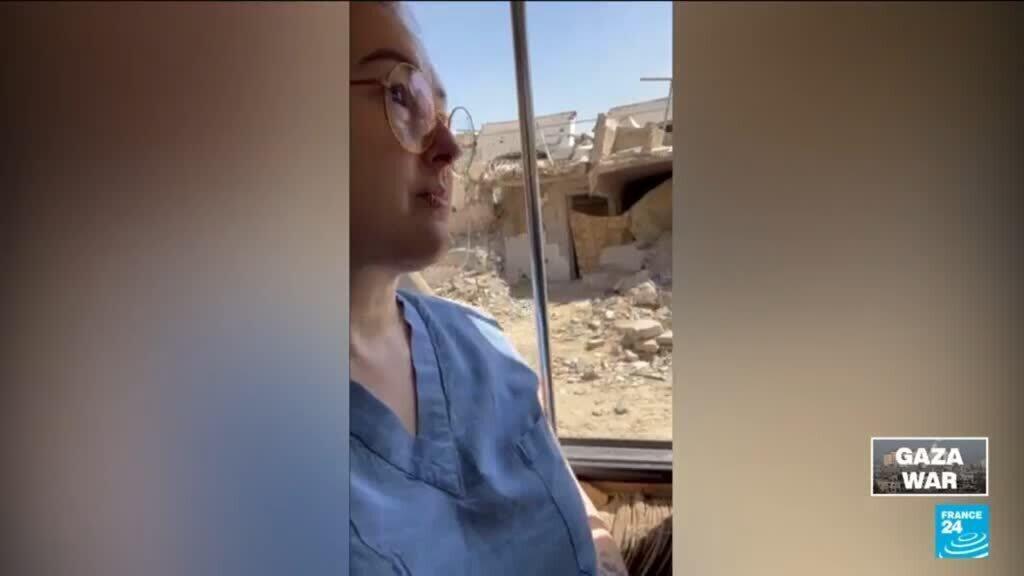Regulators struggle to keep up with the fast-moving and complicated landscape of AI therapy apps
NeutralHealth

As the use of AI-driven mental health chatbots continues to grow, regulators in a few states are finding it challenging to keep pace with the rapid development of these technologies. This situation is significant because it highlights the need for effective oversight to ensure user safety and the efficacy of these emerging therapy apps, which could play a crucial role in mental health support.
— Curated by the World Pulse Now AI Editorial System




